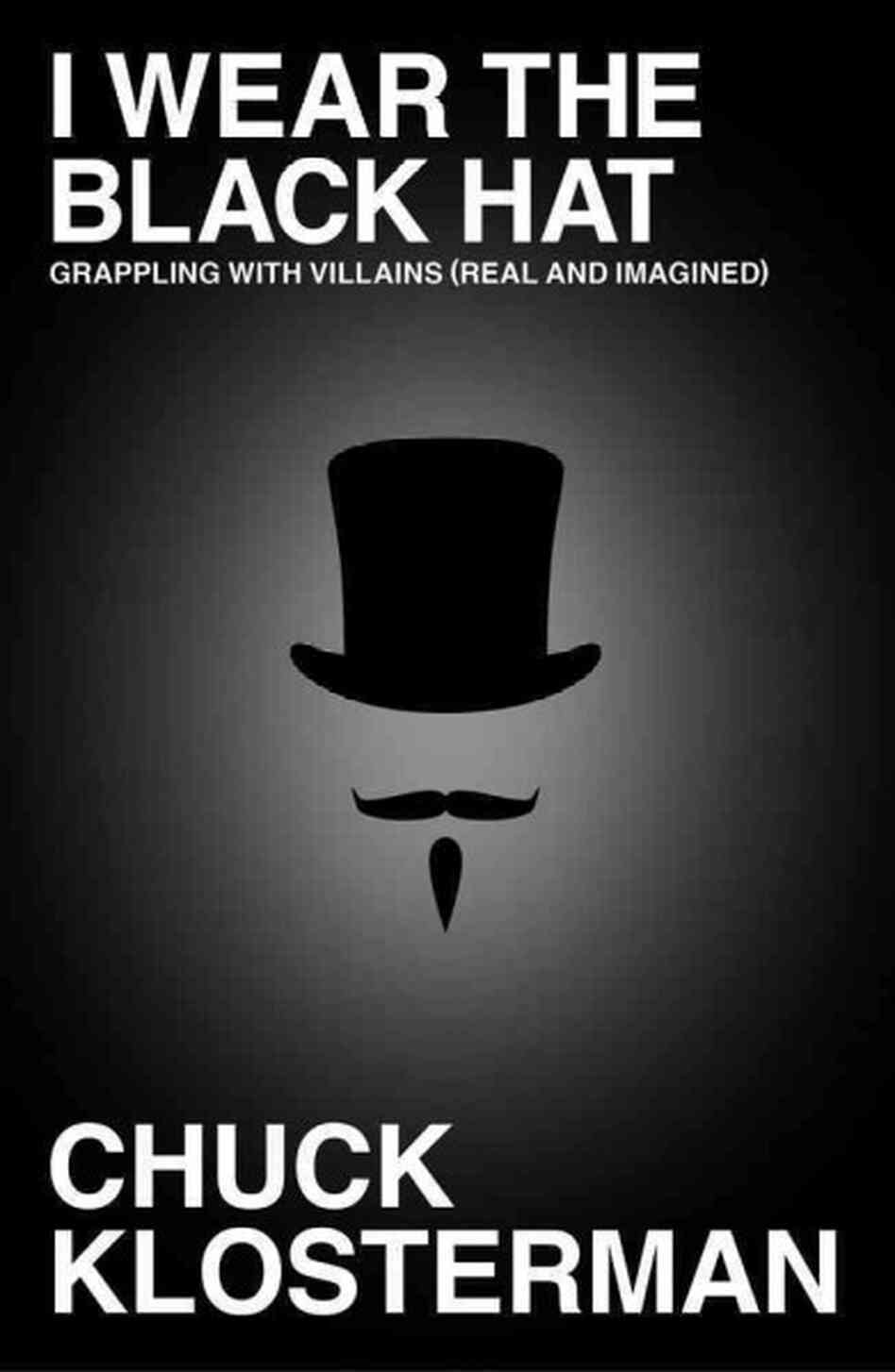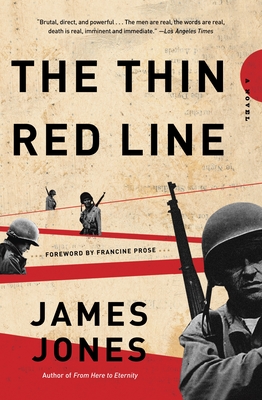(I'm still out of sorts trying to catch up what happened while I was gone along with the upcoming trade deadline and biogenesis cases. I'll catch up tomorrow in my week in baseball post. So for now I'm going to talk about a couple of books that I read during my trip.)
I Wear the Black Hat: Grappling with Villains (Real and Imagined) by Chuck Klosterman
Chuck Klosterman has turned into one of those writers where you either love his work or you can't stand him. I'm not sure when opinion on him turned like this? Is it because of his association with Bill Simmons? Is it because he's a pop culture essayist? Is it because he's so neutral in his writing*? It's the ginger beard isn't it? Or is it because he can compare two different subjects/people in very convoluted ways?
*I've always believed this is the biggest hangup with Klosterman for people. He doesn't have a specific team he roots for in any sport. He doesn't take a liberal or conservative standpoint. I love him for this reason but I understand why this reason drives people nuts.
The last example is my main guess why people either love or hate Klosterman. In Klosterman's last essay book 'Eating the Dinosaur' he compared Kurt Cobain of Nirvana to David Koresh of the Branch Dividians. I won't go into what the whole essay was about because quite frankly it was such an unmemorable essay that I frankly don't remember what it was about. And it's those kind of essays that I believe drive people nuts about Klosterman. For me I find Klosterman interesting even if I find his essays completely convoluted and that's why I bought his latest essay book 'I Wear the Black Hat: Grappling With Villains (Real and Imagined)'.
I have to say this latest book by Klosterman is just one big convoluted mess. At least with Klosterman's other books there are single essays or stories that can take your mind off a Koresh/Cobain comparison. This book there are no such breaks.
The title of the book completely explains what the book is about. Klosterman is looking at villains who are either real or imagined or real people who might be imagined villains. There are your normal comparisons to Charles Bronson in 'Death Wish" to Batman to Bernhard Goetz that make sense because of their real and imagined vigilantesness. Some of the other chapters though are completely unremarkable and completely unmemorable.
I kept waiting for Klosterman to make some grand point in this book about villains. Are they good? Do we imagine villains out of real people because of imagined villains we've read or seen on TV? Are real villains even villains at all? And sadly none of these questions are answered. There is no grand point. There is no real connection from one essay to another. When you build a whole book around one theme and you never really answer what the point is, people are going to be frustrated. Including me.
I'll keep reading Klosterman because I do enjoy reading his work but I have to say this book is a massive disappointment and quite frankly a letdown. I'll most likely buy Klosterman's next essay book because I'm a rube but I have to say if Klosterman's next book is a disappointment I might have to move into the hate department with Klosterman.
The Thin Red Line by James Jones
Before writing this I was trying to think of all the war novels I've read through the years and to my surprise the list is actually kinda short. I say surprise because I'm interested in history, especially war history. But after reading the Shaara books and Catch-22 and a couple of other books on war that didn't involve the United States I hadn't really read a lot of books on war.
And after reading 'The Thin Red Line' I might not read much more war novels and just stick to other historical fiction. It's not that 'The Thin Red Line' is a bad book, actually it's very well written, it's just that it wore me down.
The book is based around C-for-Charlie Company's experience at the Battle of Gaudalcanal. Jones takes a look at many different personalities at the battle and what is going through their minds. Now Jones in no way glorifies war. In fact he makes it as brutal as possible to read and that's where this book just grinned me down. War is hell and Jones very vividly describes that hell and what it does to soldiers.
If you have the stomach for these kind of books, then read this one. If you don't, read another book. Still though 'The Thin Red Line' is a very good book.


Klosterman is at his best when he interviews people like Val Kilmer or reviews music or writes about JUCO basketball. He losses me though with his pop culture essays and this book sounds like something I have zero interest in reading.
ReplyDelete